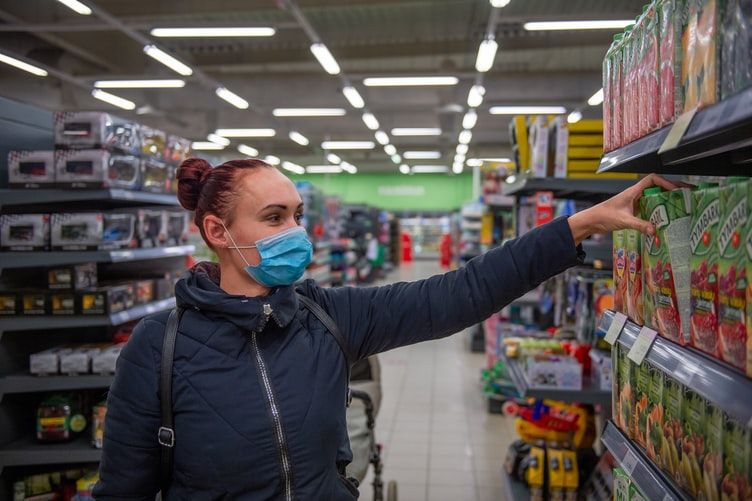Britain on Tuesday
said that it has decided to delay implementing full customs declaration at its
shared borders with European Union (EU) nation states till January 1, 2022.
Britain’s decision to postpone implementation of some import controls is owing to
pressures in the global supply chain and the impact of the COVID-19 pandemic on
businesses.
This is the second
time Britain has decided to delay implementing said controls. The strain in the
global supply chain has hit Britain hard. Supermarket shelves in London are
going empty and even McDonalds reported a milkshake shortage.
Also Read | UK supermarkets run out of water, milk as supply chain troubles persist
Britain left the
European Union’s single market at the end of last year. Just as Britain exited
the European Union (EU), Brussels introduced border controls. This in turn
staggered introduction of import checks on goods without giving businesses
enough time to adapt, according to a Reuters report.
Britain on its
part delayed the introduction of import checks by six months from April 1. Now,
the government has further pushed back the need for full customs declaration to
January 22. Safety and security declarations will be required from July 1,
2022, the British government has said.
Also Read | McDonald’s runs out of milkshakes in Wales, England, Scotland
Brexit minister
David Frost said, “We want businesses to focus on their recovery from the
pandemic rather than have to deal with new requirements at the border, which is
why we’ve set out a pragmatic new timetable for introducing full border
controls.”
Also Read | Britain to overhaul privacy rules in an attempt to move away from EU’s GDPR
According to
Frost, the delay in implementation of post-Brexit controls will allow
businesses time to prepare. Industry sources in logistics and customs sector
told Reuters that the government’s infrastructure was not ready to impose the
controls.
For days now,
shoppers in the United Kingdom have been staring at empty shelves in
supermarkets. Even basics like water and milk are said to be in short supply.
Labour shortages too have made movement of goods across the country a
challenge.







